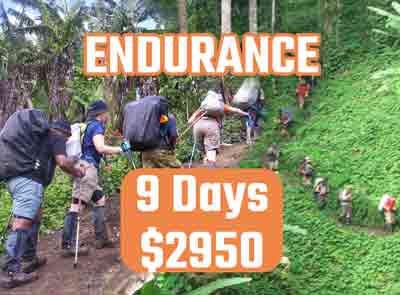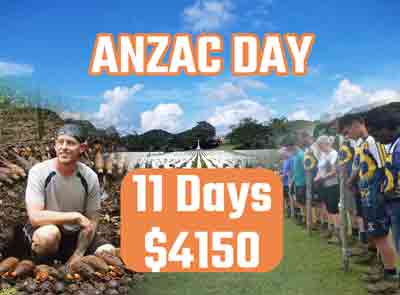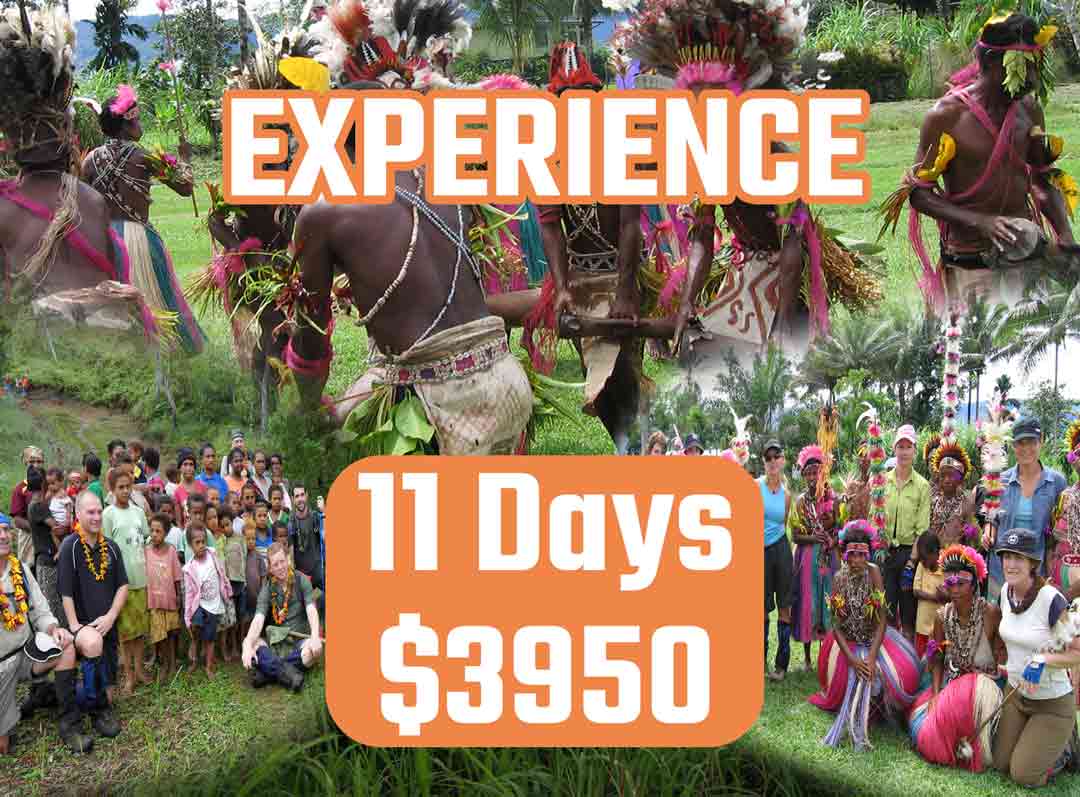Guides and Porters – Trekking Porters for Trekkers Whilst on the Kokoda Trail
Introduction
Embarking on the Kokoda Track is not merely a hike; it’s an adventure that immerses you in the historic wartime path in Papua New Guinea. To ensure a seamless and enriching experience, understanding the role of trekking porters is crucial. This guide will delve into the connection between trekkers and their indispensable companions – the guides and porters.
The Kokoda Track and Its Significance
The Kokoda Track is a challenging yet rewarding trail, traversing the mountainous terrains of Papua New Guinea. This hike, laden with historical significance, attracts trekkers seeking adventure and a connection to the region’s past.
Choosing Your Guides and Porters
Trekking with a Guide
Hiking the Kokoda Track with a guide is highly recommended. These knowledgeable companions not only navigate the trail but also offer insights into the historical context, making your journey more enriching.
Porter and Guide: Your Trusted Companions
Guides and porters play distinct yet complementary roles. While guides lead the way and share their expertise, porters shoulder the load, ensuring you can focus on the adventure without the burden of a heavy backpack.
Logistics of Trekking with Porters
Porter Treatment and Responsible Travel
Responsible travel is paramount. Ensure the porter treatment aligns with ethical standards. Trekkers must hire from reputable organizations that guarantee fair wages, proper working conditions, and a commitment to responsible tourism.
Maximum Weight and What Porters Can Carry
Understanding the maximum weight a porter can carry is essential. Trekking companies often regulate this to safeguard the well-being of the porters. Be mindful of the load you carry, and consider hiring an additional porter if needed.
Engaging with Local Communities
Village Interaction and Ethical Choices
As you trek through the region, take the opportunity to engage with local communities. Hire local porters, contribute to the local economy, and embrace responsible travel practices. Your journey becomes more than a hike; it becomes a cultural exchange.
Communication: Language and Connection
Effective communication is key during the trek. Ensure that your guides and porters speak English fluently, facilitating seamless interactions and enhancing your overall experience.
Practical Considerations for Trekkers
Altitude and Altitude Sickness
Altitude is a significant factor on the Kokoda Track. Trekking at high altitudes requires acclimatization. Be aware of altitude sickness symptoms, stay hydrated, and consider the time of year you undertake the trek.
Travel Insurance and Medical Care
Prioritize your safety by obtaining travel insurance that covers medical emergencies. While guides and porters often have good knowledge of basic first aid, having comprehensive coverage is a prudent step.
Gearing Up for the Adventure
Packing and Gear Suggestions
Pack wisely for the trek. Your gear should include suitable footwear, sleeping bags, and clothing for varying climates. Adhere to the regulations regarding the maximum weight of your luggage to ensure the trek is both comfortable and safe.
Booking and Custom Itineraries
Choose trekking companies that prioritize responsible and ethical practices. Many companies offer custom itineraries, allowing you to tailor the adventure to your preferences while adhering to regulations and guidelines.
Conclusion
Trekking the Kokoda Track is an unforgettable adventure, made possible by the invaluable contributions of guides and porters. By making ethical choices, respecting local communities, and prioritizing safety, you can turn this challenging hike into a life-changing experience. Embrace the discomfort, relish the adventure, and leave with a deep appreciation for the Kokoda Trail and the people who make your journey possible.




